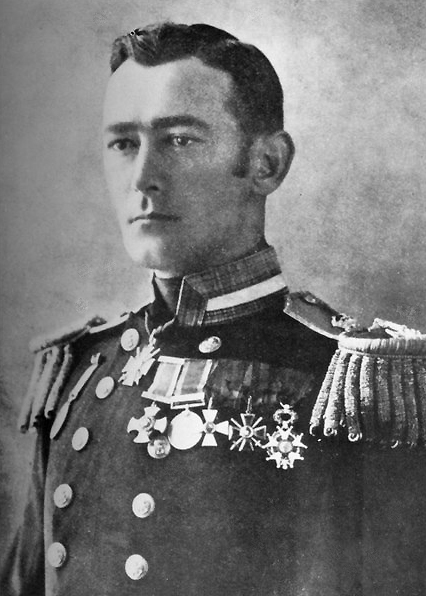
England, at long last. Soon his ship would dock at the Royal Naval Dockyards in Chatham. Soon, he would see Julianna. He’d make his reports and he’d be free. This was always a sweet moment, returning home to England’s shores.
He had the First Mate bring the ship in. The Admiral wanted to stand in the bow and watch the Kent coast grow larger as they drew ever nearer. The shore birds were already wheeling about the ship, and there were more and more craft around them. The smoke of thousands of fires rose into the sky.
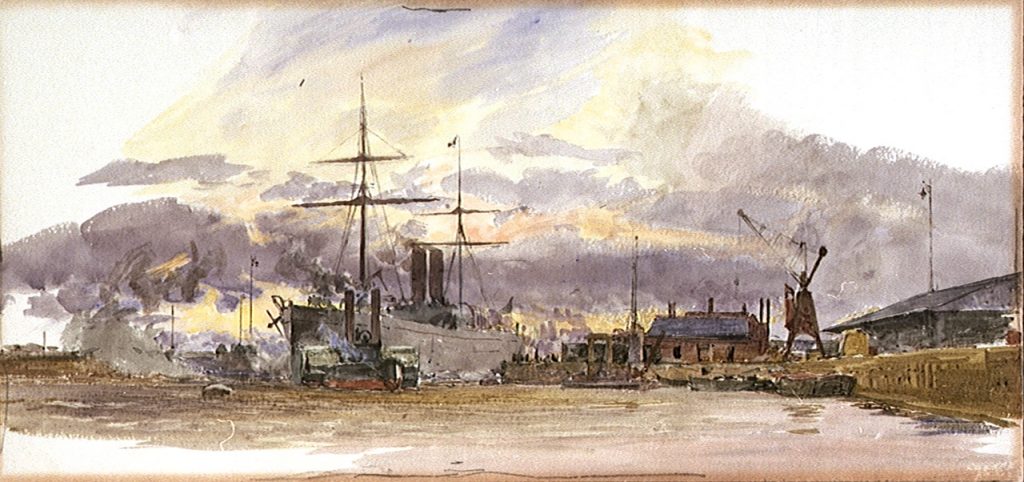
He didn’t care about the winter chill, didn’t care about the clouds and the inevitable rain. He loved the sea, but as it was with all men of the sea, the shores of home were unlike any other. India, South Africa, and all of his ports of call; though they held fascination and interest, they weren’t London.
He was still in the bow when the ship moored at the Chatham docks, and one of the crewman had to come and tell him that his launch was waiting to take him down past Greenwich and into London, where he would be wanted at the Royal Navy offices.
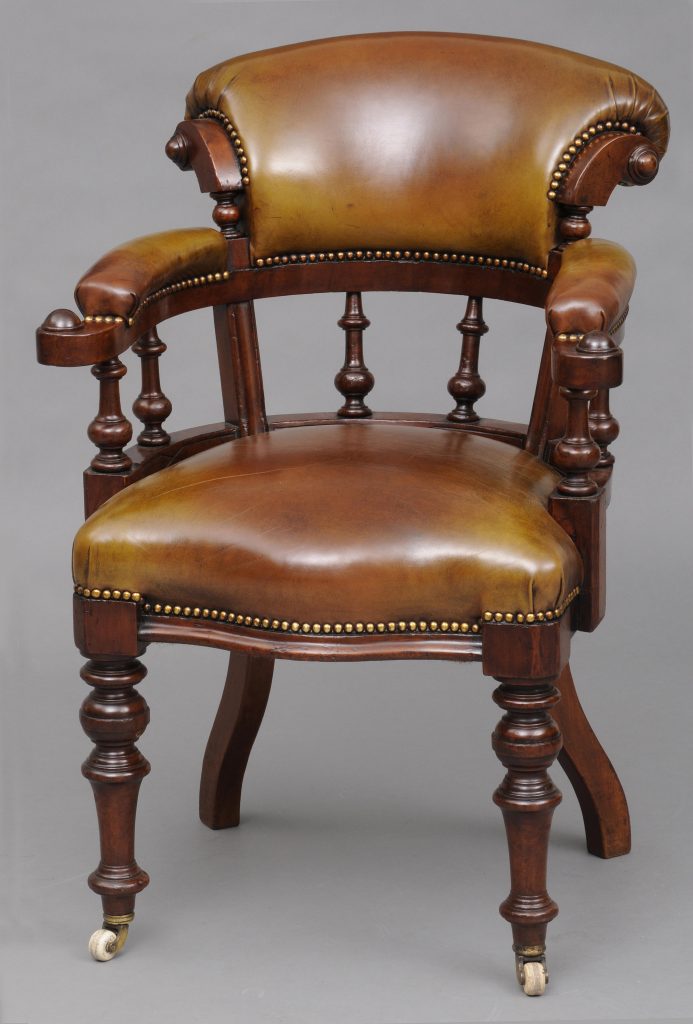
Admiral Grey pushed his chair back from the battered wooden desk that dominated the tiny room he used for an office. Through a small and unwashed window high on one wall, he could see the last rays of the setting sun. He was going to be late.
At least the last of his reports were done, sealed in envelopes and placed in the tray for pickup in the morning. For the next few months, he would be free, and though duty would call again, it would not be for a little while.
Admiral John Allen Grey was home from the sea. Months of voyaging had come to an end. He had patrolled the African Cape and even gone as far as India on a mission merely whispered about. He had sailed calm seas and stormy oceans, felt the scorching heat of the tropical sun and the sting of gale winds. And now he had returned to a grey London spring.
Past five in the afternoon. Time to find a hansom cab and go to Julianna’s. It would take at least an hour. She wasn’t going to be pleased.
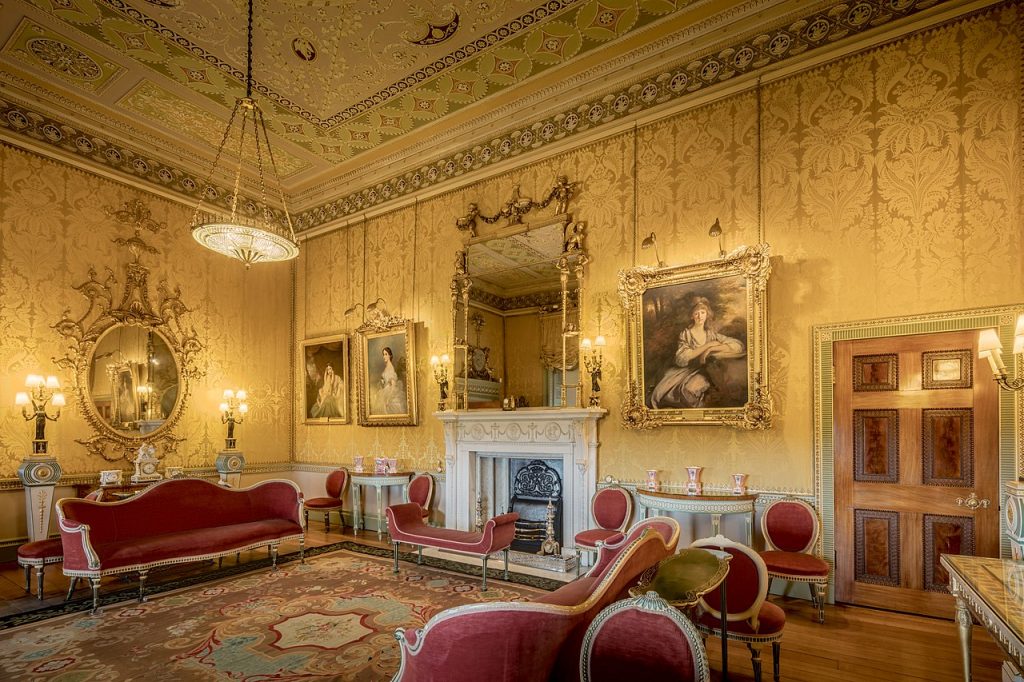
It was a scene of mixed emotions as the butler showed Admiral Grey into the drawing room. It had rained harder and harder during the Admiral’s ride across London to Julianna’s tony neighbohood. He had neglected to bring an umbrella, and he was dripping wet just from the short walk from his cab to the front of the large townhouse. The butler gave him scathing looks as he took the Admiral’s overcoat, but he didn’t dare to demand that he remove his boots.
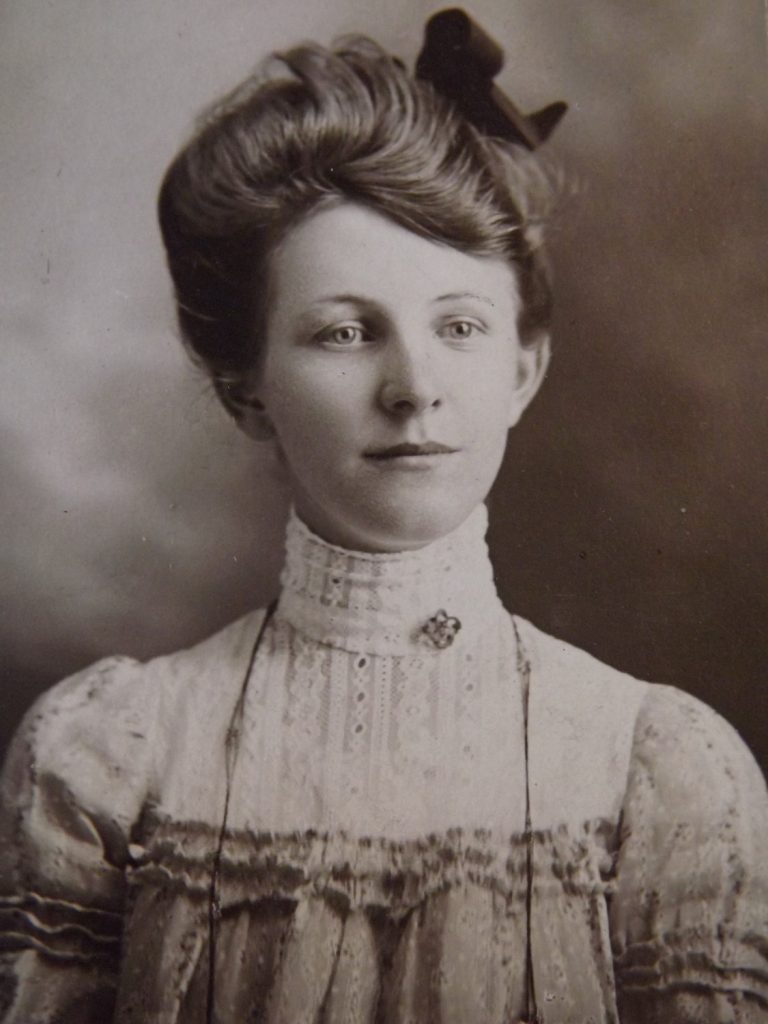
Julianna, managing to look radiantly joyful and severely cross at the same time, embraced the Admiral fervently.
“John, I’m so glad you’re back,” she said simply. The Admiral, moved, held her close kissed her hair.
But after a few more lingering moments, she pulled back. “You know my parents don’t like to hold dinner,” she said. “Why couldn’t you have been on time? Hasn’t ten months away been enough for you?”
The Admiral, avoiding immediate eye contact, glanced around the drawing room. Little had changed. It was furnished at great expense and with taste and elegance. Teak furniture, Persian carpeting over polished oaken floors, rich wainscoting and a few carefully chosen oil portraits combined in an effect that was even more compelling for its subtle understatement.
Julianna’s parents were new London money, made wealthy by modern waves of manufacturing. She had had the best schools and the finest tutors that new money could buy.
“I’m sorry,” the Admiral said, and nothing more, but it was enough, at least for the moment.
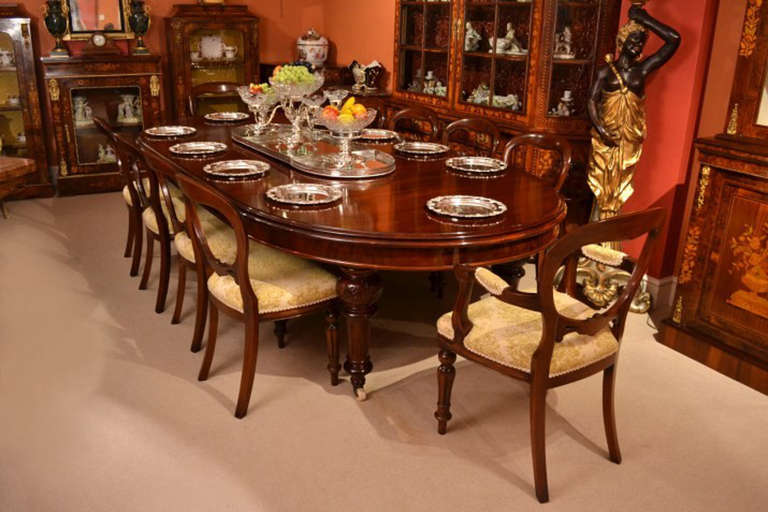
Mr. and Mrs. Huntington wore their polite, frosty expressions to dinner. Though they weren’t at all pleased with their daughter’s relationship with “a common Naval man,” their wealth and self-assumed status called upon them to present a veneer of surface politeness.
“So,” Mr. Huntington said, “you are just now returned from some sort of military cruise?”
“Father,” Julianna chided, but to no avail.
“I say this because you are still in uniform, rather than in dinner dress,” Mr. Huntington continued.
“Yes, sir,” said the Admiral, “it’s customary to …”
“I prefer formal attire,” Mr. Huntington interrupted. He gestured to indicate his black dinner jacket and matching bow tie. Mrs. Huntington, dressed in an expensive blue gown, favored her husband with a smile.
“So, where did this cruise take you?” Mr. Huntington asked.
“Father, please! John is serving our country, can you not see that?”
“Yes, indeed, but still your ‘John’ doesn’t earn a lot in so doing, does he?”
Throughout this exchange, the Admiral maintained a discreet silence, but it was clear that for himself and Julianna, dinner could not end soon enough.
It was nearly ten o’clock in the evening before Mr. and Mrs. Huntington finally retired to their upstairs rooms, and Julianna and Admiral Grey were left alone in the drawing room with half-empty cups of tea and a slowly cooling fire.
“Fresh tea?” Julianna asked. “I can make a pot of your favorite Rose Congou.”
“Thank you, dear, that would be lovely.” The Admiral made as if to rise but Julianna motioned for him to stay and bustled off to the kitchen to make the tea, as the house staff had already retired.
It wasn’t long before she and the Admiral were settled again on the drawing room’s large divan.
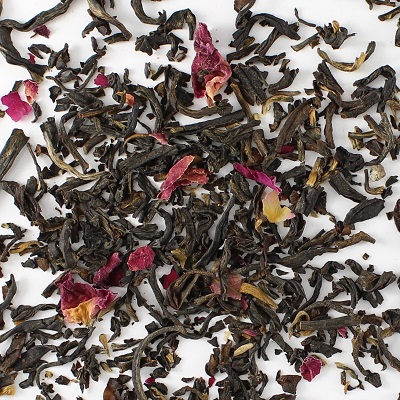
“I’m sorry my father is so difficult,” Julianna said. “He believes his wealth endows him with the right to pass judgment.”
“I’m grateful that you maintain our relationship in spite of things,” the Admiral said. “He is, after all, your father. But perhaps one day I shall please him.”
“Speaking of ‘one day’,” Julianna said.
The Admiral tried not to show dismay. The conversation inevitably turned to this.
“I know,” he quickly interjected. “Just as soon as your father comes around, we can …”
“And what if he never does? Shall we never become engaged?”
The Admiral attemped to change the subject. “Shall you visit me at my country home in a week or two?”
Julianna sighed. “Yes, of course I shall, though my parents think it unseemly to visit alone.”
“There is the staff to watch over you …”
“Yes, your aging valet and even more elderly cook. Now, were we to be engaged, would it not be at least somewhat more acceptable?”
The Admiral fell silent. Julia set down her teacup and took the Admiral’s arm. “Oh, well, at least I have a couple of months— it is a couple of months, isn’t it?— to bring you around to my viewpoint.”
“Yes, I was promised a few months on shore.”
“And then?”
“Let us worry about it when the day comes.”
“Have you ever given thought to retirement?”
“Alas, your father is right in one thing. I have yet to make my fortune.”
“There are other things you might do.”
“I suppose so. I imagine your father would think it a great thing if I were to ask to manage one of his factories.”
“You would at least be home. I would not go a year at a time without seeing you, wondering if you indeed still lived.” Her grasp on his arm grew tighter.
A half-burned log in the fireplace settled with a loud pop and a small shower of sparks.
“Let me tend to the fire,” the Admiral said, but Julianna did not let go. “John …,” she said, looking into his eyes, “it is so terribly hard.”
A knocking at the front door interrupted her. “Who can it be at this hour?” she asked, sitting upright.
“Stay here,” the Admiral said. He gently disengaged her arm and walked through the entryway to the door. Julianna heard the door open and the muted voices of the Admiral and another man. It went on for longer than she might have expected. Finally, their was the sound of the door closing.
Julianna knew right away from the look on the Admiral’s face as he returned to the drawing room. “Someone from the Naval Office, yes?” she asked. “I suppose you were required to let them know where you might be found.”
He only nodded silently.
“Well, then?” Her voice was tight, tense.
“I am to report to the Lord Admiral early in the morning.”
Julianna sighed. “I imagine I won’t be visiting your country home, will I?”
“It’s too soon to say … “
“Please, don’t humor me.” She rose. “I’ll bid you good night. I am rather tired and you will have to walk some way to find a hansom cab.”
“Julianna, I …”
“Yes, I know, it’s your duty. Good night, then.”
She quickly swept out of the room and hurried up the stairs, not wishing to have the Admiral see the tears that quickly began to flow.

It was cold, so cold, and she had to get all the way under the covers. In the midst of winter storm in Calgary, she knew who she was, where she was. She was Paulie Duhaime, she worked at Tea Trader in Calgary, Alberta, Canada, or at least so one part of her mind told her. Surely her body was still here, else how could she feel the cold?
The book, she thought, the book … but the grey mist swirled about her once more, again she was in some other place, some other time.
To be continued.
The next episode will appear on or around February 19, 2019.
Story Copyright (C) 2019 Bob Newell.
All images used are believed to be in the public domain.

This Month’s Featured Tea: Rose Congou
Congou is the general term that Europeans would have first known for black tea. The name was derived from kung-fu (gongfu) meaning “skill and effort”…a reference to the extra labour and effort that was required to manufacture black tea. Rose Congou is scented by the repeated layering of tea leaves with fragrant and aromatic rose petals. Rose Congou can of course be obtained from Tea Trader
